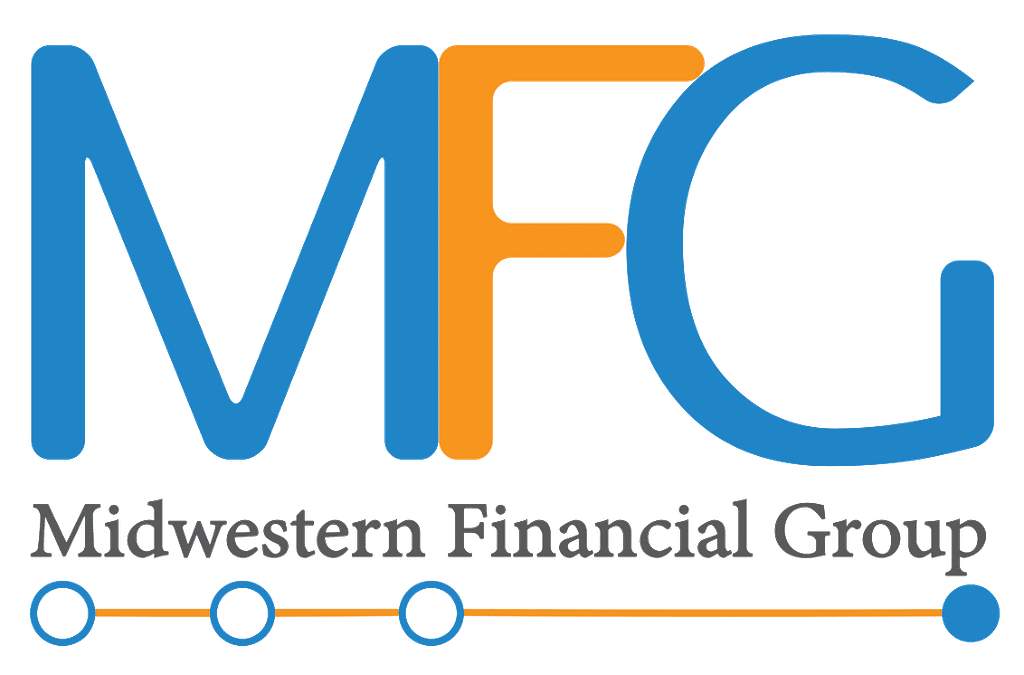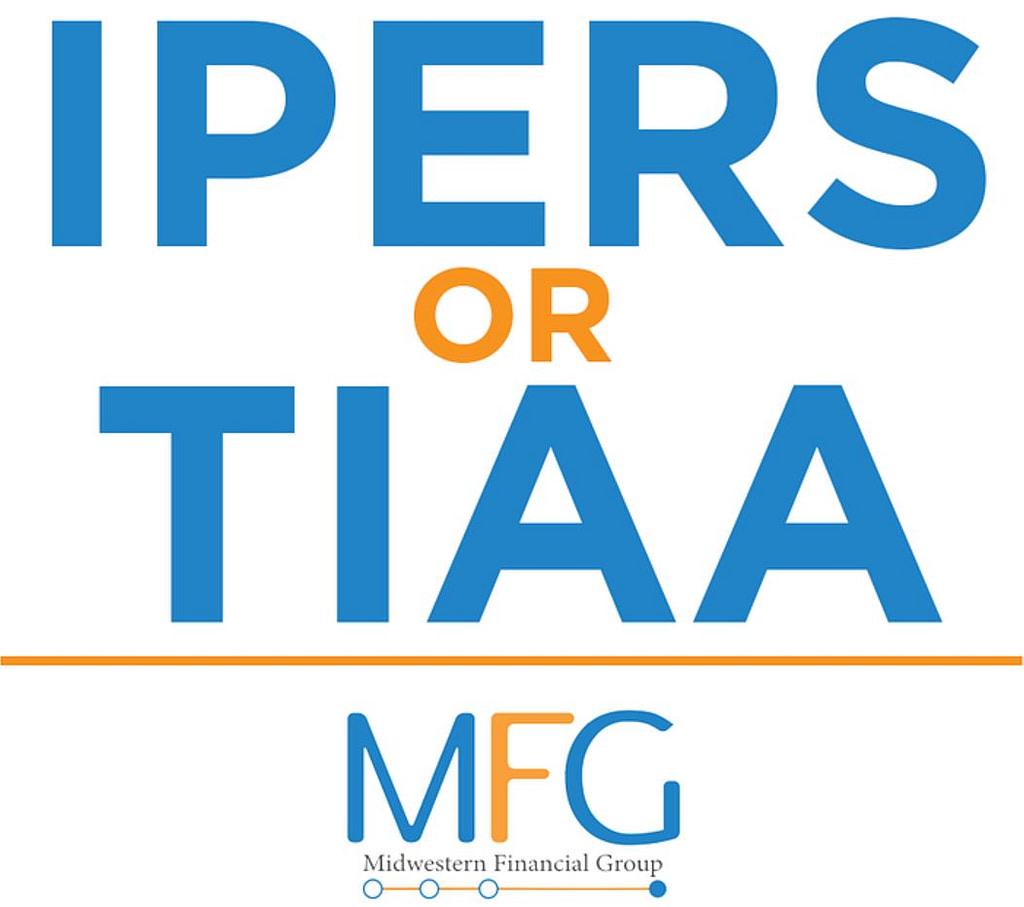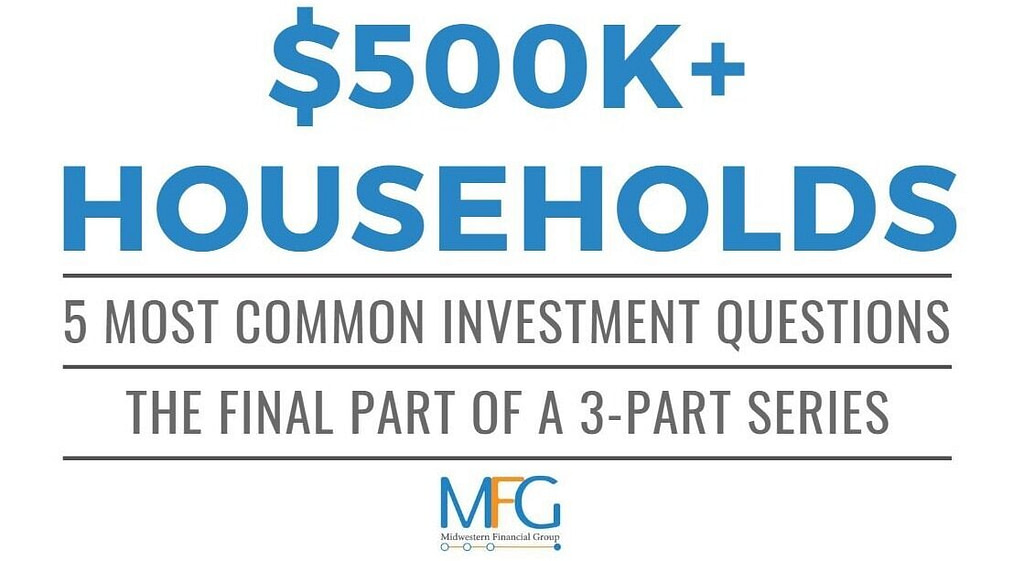This concludes our series on financial planning advice for different income levels. If you missed the first two blog posts, be sure to read about financial advice for families earning under $200K and between $250K-$500K.
If you earn over $500K per year, you’re in the top 1% of earners in the U.S. And once you reach this level of income, you’re starting to think about more than just saving for retirement.
You’re also beginning to think about the type of legacy you’ll leave. Let’s look at the five of the most common questions $500K+ earners ask us.
One thing to keep in mind is that last month, the House Ways and Means Committee released a list of tax proposals to include in the budget reconciliation bill. If implemented into law, these changes would impact many of the strategies outlined in this article. A reminder that no financial plan is static and advanced planning strategies ever evolving around your goals and legislative changes.
1. TRUSTS AND LEGACY PLANNING
At this point in your career, your cash flow and savings likely exceed your lifestyle costs. That means even after you factor in the income needed for retirement, there’s still a significant pool of assets remaining.
Estate freeze techniques can lock in your assets’ fair market value (FMV) to minimize capital gains taxes. You may also benefit from additional valuation discounts. Estate freeze techniques include things like:
● Installment sale of closely held business shares to an intentionally defective grantor trust (IDGT)
● Transfer assets to a grantor retained annuity trust which allows you to enjoy a fixed annuity stream for a term of years
● Gifting appreciated stock to a donor advised fund
Under current law, every American has a lifetime gift tax exemption of $11.7 million. So, you won’t have to pay taxes on any gifted funds unless they exceed the lifetime exemption.
And if you do surpass the lifetime exemption, married couples can still give up to $30,000 per beneficiary every year without any adverse tax implications.
But keep in mind that legislative action could impact these strategies. For instance, the gift tax exemption would be significantly reduced, and grantor retained trusts established after September 13 of this year would be included in your estate under the current proposal.
2. ROTH CONVERSIONS
A Roth IRA is an individualized retirement account (IRA) funded with after-tax dollars. That means once you start withdrawing the funds, the money is tax-free.
However, Roth IRA contributions are off-limits for high-income earners. The IRS puts annual income limits on these accounts, and in 2021, married couples earning more than $208,000 can’t directly contribute to these accounts.
That’s why a Roth Conversion can be a good strategy. Also occasionally referred to as a backdoor Roth IRA, a Roth conversion lets you circumvent income restrictions. To get started, you’ll open a traditional IRA and begin making nondeductible contributions to it. From there, you’ll convert the account into a Roth IRA. Though not all Roth Conversions are backdoor IRAs.
Roth Conversions are a good option for high-income earners who have amassed wealth beyond funding their lifestyle. When converting an IRA, or in some cases a 401(k), funded with pre-tax dollars, 100% of the conversion is taxable at income rates in the year of conversion. Advanced tax planning is required, and taxes should not be paid with assets being converted.
Additionally, Roth assets are a great asset to pass on to your children. As long as that money remains in a Roth IRA, it will continue to grow tax-free. And once the funds are received by your heirs, they have up to 10 years to distribute 100% of the tax-free funds.
3. TAX MINIMIZATION
Here are some strategies you can use to minimize your taxes as a high-income earner:
● Life insurance: If you’re concerned about being in a high tax bracket during your retirement, you might consider utilizing life insurance to cover a long-term estate tax liability via an ILIT.
● Overfunding 529s: Many parents worry about overfunding their 529 since Congress puts annual limits on how much you can contribute. You will have to pay a 10% penalty on non-qualified distributions, but the tax advantages make it worth it.
● Asset location: Asset location is a strategy that focuses on multiple types of investment vehicles receiving different tax treatments. Some of your assets are held in tax-deferred accounts, while others are held in taxable accounts. The goal is to maximize your after-tax returns.
● Tax-loss harvesting: Tax-loss harvesting can help you lower your tax bill while maintaining an optimal asset allocation. It involves selling your assets at a loss and replacing it with similar securities. By doing this, you retain market exposure and limit your tax bill.
● ETFs: Exchange-traded funds (ETF) are similar to mutual funds but are more tax efficient. Because they’re index funds, ETFs usually have minimal turnover and come with fewer capital gains than a mutual fund.
4. PRIVATE PLACEMENT OPPORTUNITIES
There are also many investment opportunities outside of public markets. Private placements are investments in private enterprises such as real estate ventures, agriculture projects, alternative energy ventures, and more.
Since these investments are usually in the early stages of development, private placements can be risky. And since they aren’t publicly traded, these investments typically come with far less liquidity.
Private placements may offer a unique opportunity to diversify your portfolio outside of the public market. However, careful consideration of risk and reward is a must in addition to proper due diligence.
These are only open to sophisticated investors that meet an income or net worth threshold. Our position on private placement opportunities is that they should only be considered by qualified investors who are on track to fully fund their financial goals.
5. EXCESS CASH FLOW OPTIMIZATION
Families that have grown their income without increasing their lifestyle will eventually begin generating excess cash flow. Excess cash flow is a great problem to have, but it means that money isn’t being utilized for further growth.
You need to invest excess cash flow in a way that increases efficiency and maximizes potential profits. This could involve putting your excess cash in a brokerage account. These accounts can be used for any purpose and don’t come with early withdrawal penalties.
Another example would be helping your children or grandchildren purchase their first home by financing the down payment with intra-family loans. Or you could gift appreciated stock to charity to avoid capital gains taxes and receive an income tax reduction.
It’s also essential to ensure your financial resources are correctly allocated to optimize your desired outcomes over the long run. Optimal capital allocation requires consistent analysis of opportunity cost.
For instance, leverage can be a great way to increase your buying power. Leverage involves using borrowed capital to fund an investment. You can use leverage to multiply the potential returns on an investment.
THE BOTTOM LINE
Every income level requires a different level of strategy and planning. No two situations are alike, so your financial strategy shouldn’t be the same as everyone else’s. At MFG, we provide financial advice tailored to your unique goals.



